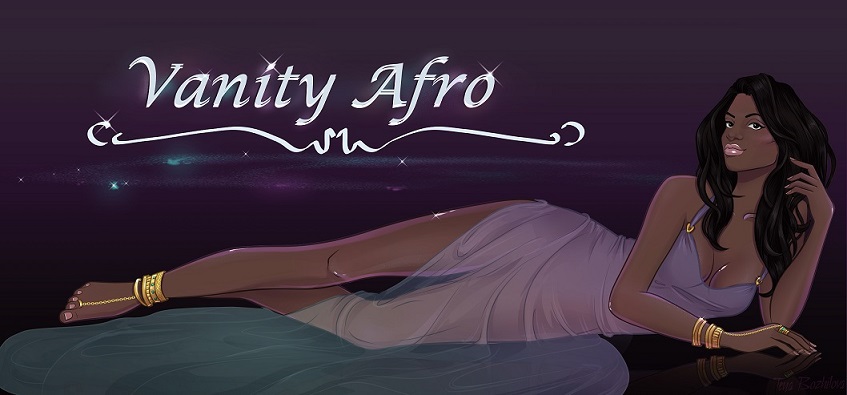I grew up in Paris and in the suburbs but the majority of my friends were white so I was often self-conscious of saying my first name at first, because of bad jokes like being called yaourt au chocolat (chocolate yogurt in English) or mild bullying. My dad also gave me a nickname, YouYou.
Salma Shama Ali is North Sudanese with African and Middle Eastern heritage. Salma loves her first and middle name but would love if people could pronounce her first name properly. She grew up in Kent, England, in a predominantly white area and while in school no one could pronounce her first name Salma.
Teachers would say to her “I’m going to call you by your middle name Shama as it’s easier to pronounce. Salma respect her middle name a lot as it was her great grandmother’s name who was from Syria but the now London based, would have preferred to be asked: "Would you prefer to be referred to as your first or middle name?”. So often when you are young and don't know how to express yourself about this, you just accept and move on, so Salma did, even though her feelings were hurt.
First names can connect families just as much as last names can sometimes even more. They are often passed down through generation after generation. Other times, they are used to ensure a mother's maiden name lives on in some way.
Esmeralda comes from Equatorial Guinea, which was colonised by Spain at the time of colonisation. Her country is the only Spanish-speaking country in Africa, hence the origin of her name Esmeralda.
Her grandparents really liked precious stones and Esmeralda, Spanish for Emerald, was one of their favourite stone so they loved it as a name.
She spoke about a memory when she was little and her father always called her "Bola" which means daughter in the Bubi dialect, the tribe where she comes from. Esmeralda likes Bola because it makes her feel alive and proud of her tribe.
Hervé was born in Mali of Malian parents descent but was adopted at birth by an unconventional white couple who traveled all over the world. His Malian birth mother was a fervent and active member of the Catholic Church, it was therefore important for her that Hervé had a catholic name.
Hervé is a French masculine given name of Breton origin, from the name of the 6th-century Breton Saint Hervé. Apparently, it means "eager for battle or strong and worthy “.
Now, London based Hervé also have an African name, Sékou. In the Malian language Sékou means, “He who has left.” Hervé was called Sékou until he was five. At five, Hervé and his white parents left Africa for France. It is then that Sékou decided to be called Hervé instead. The reason behind Hervé's choice was that he was scared that his new French classmates would mock his African name. He kept the name of Hervé since.
Lidiaana comes from Eritrea where it's common for people to have both a first name and a middle name. She goes by the name of Segen Lidia. Segen represents the graceful ostrich, symbolizing beauty, while Lidia is a biblical name that means 'Beautiful one' in Greek.
Lidiaana lives in Germany and her name has been consistently
mispronounced, she feels that it's often disrespectful.
She adores her name, but back in 2008, she made the decision to switch it up to
Lidiaana. The reason behind this change was that her beloved grandmother passed
away that year, and her name was Ana, which means 'Grace'. So, she thought it would be a beautiful tribute to combine their names and
create Lidia Ana, which eventually transformed into Lidiaana.
Lidiaana initially wanted a name that was more common to avoid any mispronunciations. Looking back, she now realises that she should have corrected people whenever they mispronounced her name.
Fabrice Essomba "My parents gave me a European first name because of the influence that France had over Cameroon" said Fabrice based in London.
Cameroon was a German colony until it falls to the French and British during World War I.
Surnames are an important part of Cameroonian identity, representing one's family, community, and profession or social status.
Duc Doe "When you are born in our Togolese culture, automatically you have a first name linking you directly to the day of the week of your birth" said Duc, based in the county of Northamptonshire.
He was born on a Monday so his culture automatically gave him the first name Kodzo.
His Dad also gave him the name Duc as a middle name because of his fascination of the English royalty. He loved the Duke of Wellington, and his first name Duc is the French equivalent of Duke.
"I think my names are cool and elegant. I can relate to any male born on Monday in my homeland Togo. Also, Duc harmoniously and majestically sound lovely when accompanied by my surname Doe.
What about you, how do you feel about your name?
Vanity Afro 11/02/2024








